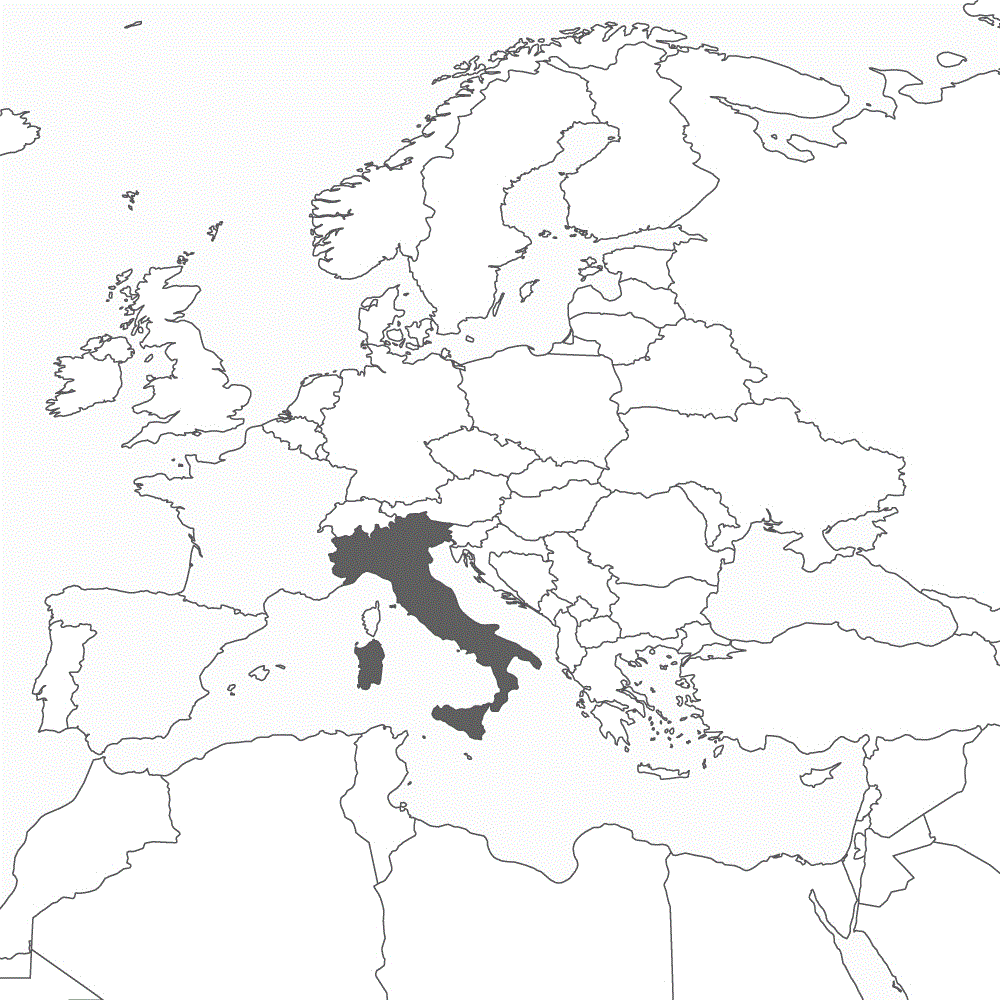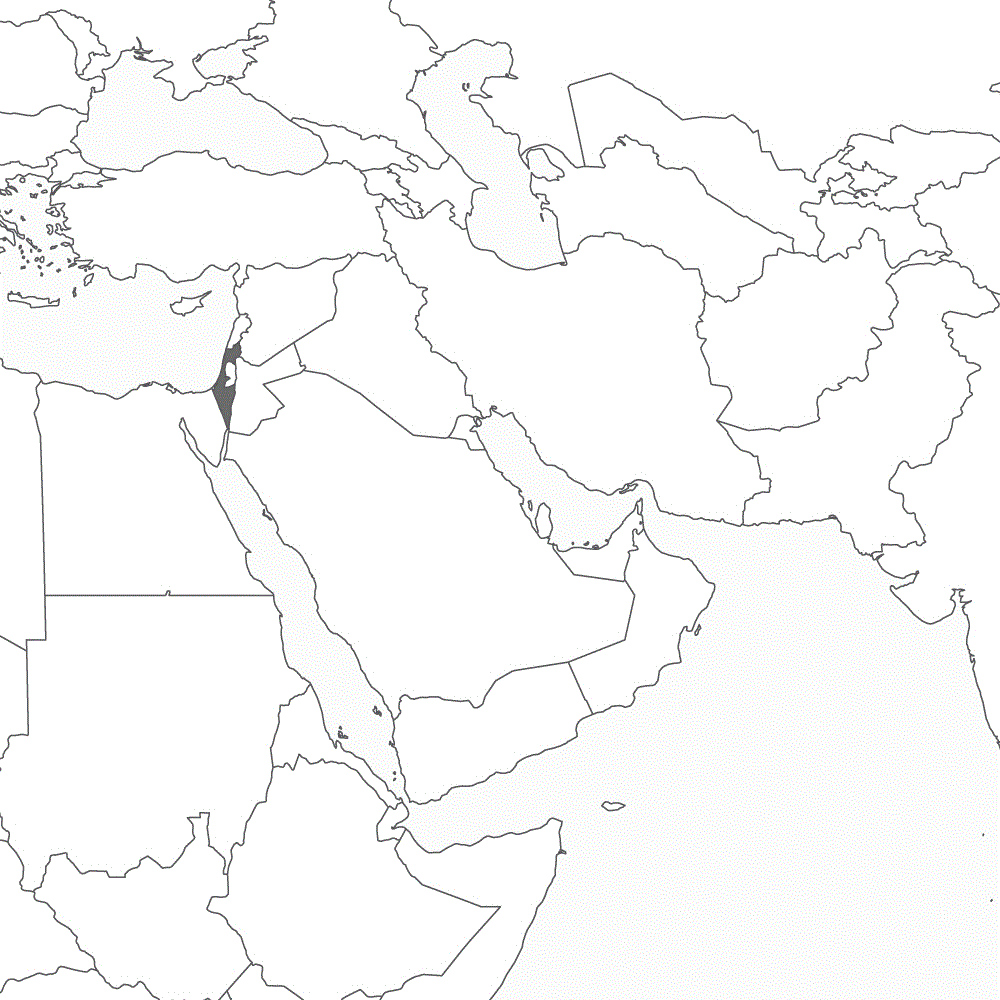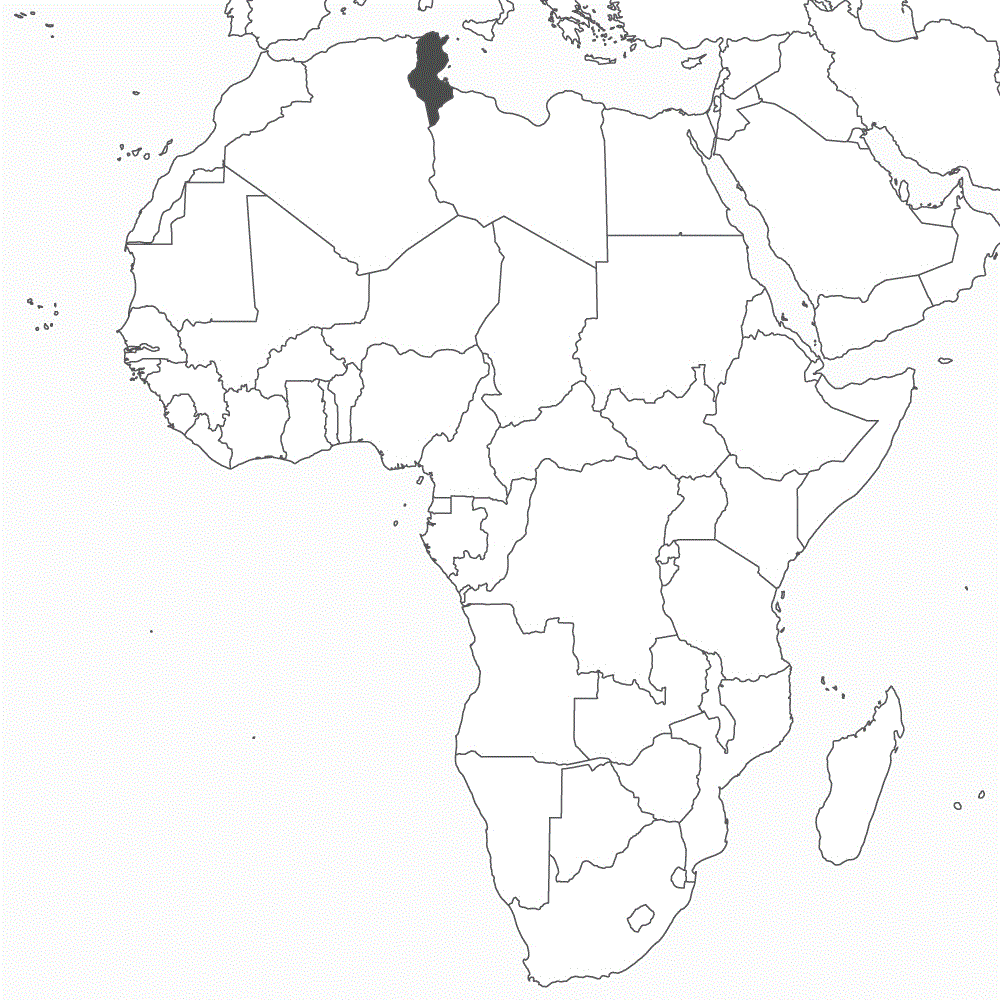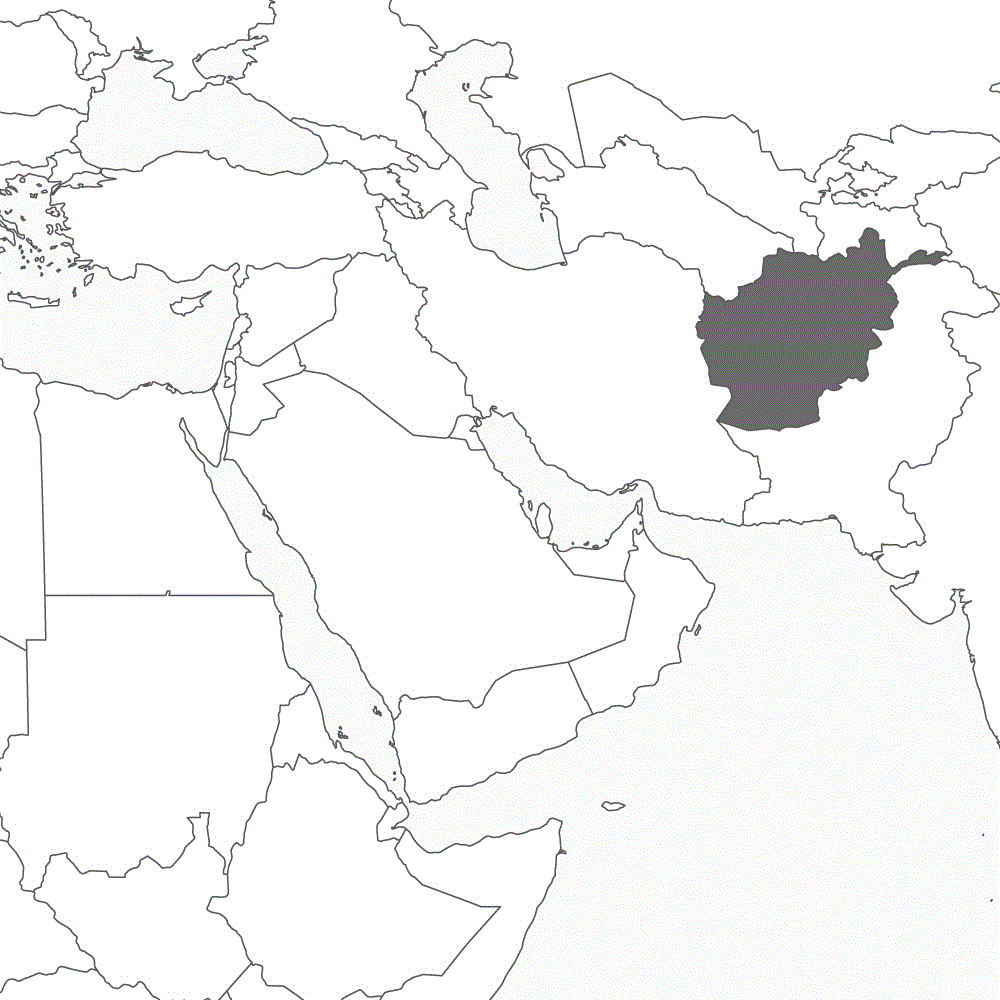German or not at all
Berlin wants to stop Italian bank UniCredit from taking a major stake in Germany’s Commerzbank – just after Lufthansa has taken over Italy’s flag carrier airline. Double standards?
BERLIN/ROME (own report) – The German government’s rejection of UniCredit’s share swoop on Commerzbank is causing considerable resentment in Italy and other European countries. The large and expanding Italian bank wants to raise its stake, opening the prospect of a merger or takeover. German Chancellor Olaf Scholz has denounced UniCredit’s move as an “unfriendly attack”. Meanwhile, German Finance Minister Christian Lindner has been leaning heavily on his Italian counterpart to help prevent a takeover of Commerzbank. The Italian government, along with bankers and think-tank experts from other European countries, are pointing to double standards. Scholz, when he was still German finance minister, had called for the completion of an EU banking union to enhance Europe-wide integration. But, now, he is blocking a practical step towards consolidation in the EU banking sector. And, indeed, the German response is all the more remarkable given that Lufthansa has just taken over Italy’s largest airline, ITA Airways, which is the country’s flag carrier. Berlin’s rejection of a potential Italian takeover of Commerzbank follows an established pattern: major corporate mergers within the EU are to be realised under German leadership, or they’ll be blocked by Berlin. Read more
‘In Germany’s national interest’ (II)
The delivery of a submarine to Israel is reportedly imminent. Close German-Israeli arms cooperation dates back to the 1950s and is central to bilateral relations.
BERLIN/TEL AVIV (own report) - The delivery of another German-built submarine to the Israeli navy is imminent. According to media reports, the vessel is named INS Drakon and is currently being completed by ThyssenKrupp Marine Systems (TKMS) at its Kiel shipyard. Work and sea trials are almost finished and the sub – to be the IDF’s most expensive combat weapon – can be handed over very soon. It will be the next in a long line of weapon systems and components that Germany has supplied to Israel’s armed forces. Arms cooperation between the two countries dates back to the 1950s and is central to bilateral relations. It extends far beyond the basic arms trade to include joint defence sector research and development. Israeli defence companies developed, for instance, airforce technologies that were successfully tested by the Israeli Air Force in the 1982 Lebanon War and later used by the German Luftwaffe in Yugoslavia in the 1990s. Conversely, the Merkava tanks that Israel is likely to use in a possible ground offensive in Lebanon are powered by German engines. Experts in the field say that this armaments partnership is essentially based on common interests. Read more
‘In Germany’s national interest’
The German government continues to support the Israeli war policy. Berlin’s alliance with Israel is central to a Middle East policy designed to free up the US for its power play against China.
BERLIN/TEL AVIV/BEIRUT (own report) - Even after the wave of Israeli attacks on Lebanon yesterday, Monday, the German government is upholding its support for the Israeli government’s bellicose policy. Hundreds of people were killed in the attacks, including numerous civilians, paramedics and children. Berlin had already sought to legitimise Israel’s strikes on population centres by declaring that the threat posed to Israel by Hezbollah is decidedly “intolerable”. Berlin failed to criticise the attacks last week with exploding pagers and walkie-talkies. They were deliberately triggered in civilian areas, killing and horribly maiming Hezbollah members, many in civilian roles, along with civilian bystanders. The German government’s own strategy for the Middle East is based heavily on cooperation with Israel, the region’s player most wedded to the West both socially and politically. The bigger picture is that Berlin, acting in lockstep with Washington, aims to strengthen German-European positions in the Middle East in order to make it easier for the US to redeploy its forces as it shifts to a power struggle against China in the Asia-Pacific region. China is now a major priority for the US military. Read more
The poker players
Wilfully crossing red lines despite the obvious threat of war: German politicians urge the use of Western weapons against targets deep inside Russia; and Berlin sends warships through the Taiwan Strait.
BERLIN/MOSCOW/BEIJING (own report) – Several leading politicians in Berlin’s governing coalition are pushing for the release of longer-range Western weapon systems for Ukraine to attack targets deep inside Russia. “There is no alternative,” claims Anton Hofreiter, a senior member of the Green party in the ruling coalition. Voices from the SPD are also seeking to greenlight what is a very serious escalation. Moscow, for its part, has stated that, the deployment of, for instance, the Storm Shadow cruise missile would necessarily involve Western military personnel and that means NATO countries actively entering the war as direct participants. The potential consequences are terrifying. Yet Hofreiter presents the choices in the style of a poker player: we shouldn’t be deterred, he says, by Moscow’s “threats” have “been repeatedly proven empty” in the past. This is a dangerous delusion, as Russia’s decision to attack Ukraine on February 24, 2022 demonstrates. Meanwhile, Berlin is set to cross further red lines, this time China’s, by dispatching two German warships through the Taiwan Strait. Yet when it comes to European territorial waters, policy advisors in Berlin have begun to suggest that Berlin should take action against foreign warships sailing through the North Sea and Baltic Sea – at least if those vessels happen to be Russian. Read more
Zelensky’s ‘victory plan’
President Zelensky visits Germany and pushes for further funding commitments for his plan to achieve ‘victory for Ukraine’. Yet as Kiev comes closer to defeat than ever before, a renewed mass exodus is looming.
BERLIN/KIEV (own report) - Ukrainian President Volodymyr Zelensky arrives in Germany today, Friday, for talks with German Chancellor Olaf Scholz. The Ukrainian leader claims to have drawn up a plan for a ‘victory for Ukraine’ over Russia. Zelensky has sharply criticised Berlin’s announcement that it will not be providing any further billions in funding beyond the pledges already made to his country. He is likely to urge Scholz to step back from the decision. He also plans to lobby US President Joe Biden for new funds soon. Zelensky is now advancing the idea of a plan for Ukrainian victory. Developments on the ground, however, do not look good for Kiev. The Ukrainian offensive in the Kursk region is failing, and the Russian capture of Pokrovsk appears imminent. The city is a logistical hub. Its loss would bring the Ukrainian armed forces much closer to defeat. At the same time, Russia is destroying Ukraine’s energy infrastructure, so the country may be facing another mass exodus. This would deprive the economy of urgently needed workers but also cause growing discontent in EU countries as the war has negative impacts on their populations. Moscow is again saying it is willing to negotiate. Read more
Berlin and human rights (II)
EU’s North Africa partners in “migrant management” are rewarded for dumping sub-Saharan refugees in the desert without food or water. Many are left to die – as recorded recently in the case of Tunisia.
BRUSSELS/TUNIS/RABAT (own report) – The Tunisian authorities once again expelled a large number of refugees into the desert in the past week – a practice that takes place under cooperation arrangements with the EU designed to push back and deter migrants. Human rights activists in Tunis have reported that Tunisian officials abandoned around forty sub-Saharan refugees in an isolated desert area without food or water. It is unknown whether those forcibly expelled are still alive or whether they have since died of thirst. In July 2023, the EU concluded a deal with Tunisia to stop migrants heading for Europe. It has made 785 million euros available for this purpose. Tunis has agreed to do everything it can to prevent refugees from crossing the Mediterranean. Since then, the Tunisian government has been sending desperate people into the desert. The governments of Morocco, Mauritania and Algeria are also cooperating with the EU on “migrant control” and are pursuing the same deadly practice. In February, for example, Brussels promised Mauritania 210 million euros in return for measures to prevent refugees from travelling to the Canary Islands. Dead bodies are repeatedly discovered in the desert on the borders of Tunisia, Algeria and other countries. Read more
Berlin and human rights (I)
With its policy of forced deportations to Afghanistan, Berlin is contravening core human rights laws. At the same time, the government is showing a growing disregard for human and civil rights in Germany itself.
BERLIN/KABUL (own report) - With the commencement of forced deportations to Afghanistan, the German government faces accusations of breaking core human rights commitments. Its claims to upholding the centrality of “values” in policymaking, once so smug proclaimed by the coalition government, are now being jettisoned. This accusation is raised by human rights and refugee organisations in response to the deportation of 28 Afghans last Friday. The German government has sought to justify the move with the terrorist knife attack in Solingen and public anger. Yet it appears that deportations to Afghanistan had been planned for months. Berlin says it would only forcibly fly people out to Kabul if they have criminal convictions. Yet this position contradicts the European Convention on Human Rights and other treaties officially recognised by Germany, since they declare human rights to be universal. Under international law all people, including criminals, are entitled to human rights. The head of the Jesuit Refugee Service in Germany has warned that Berlin’s actions are “incompatible with our values”. There is now a growing clamour for irregular migrants from Afghanistan and Syria who have not committed any offences to be sent back in future. This is occurring against the background of disturbing signs of human and civil rights being disregarded by the German authorities at home. Read more
GERMAN-FOREIGN-POLICY.com
Information on German Foreign Policy: News + Interviews + Analyses + Background





